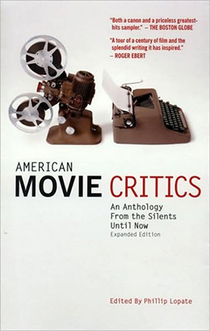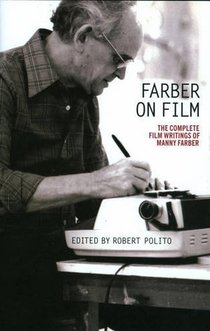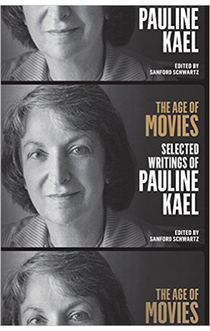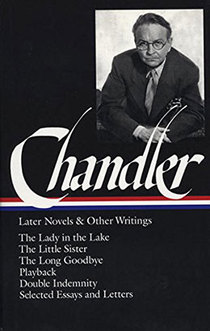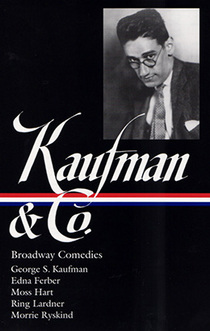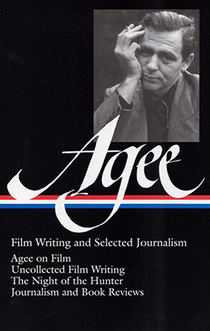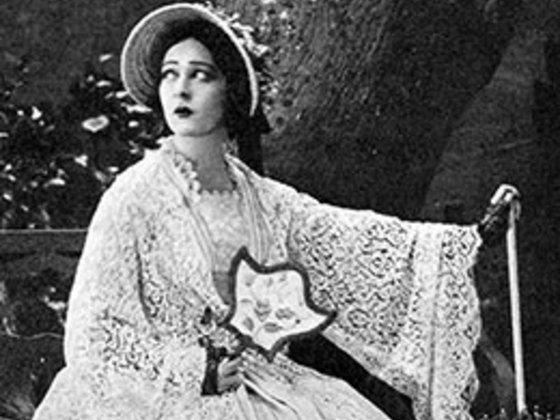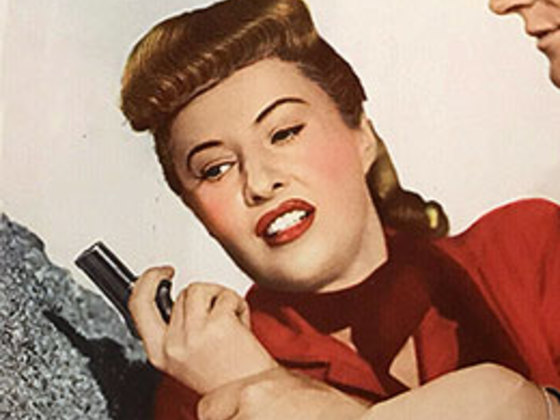Hollywood
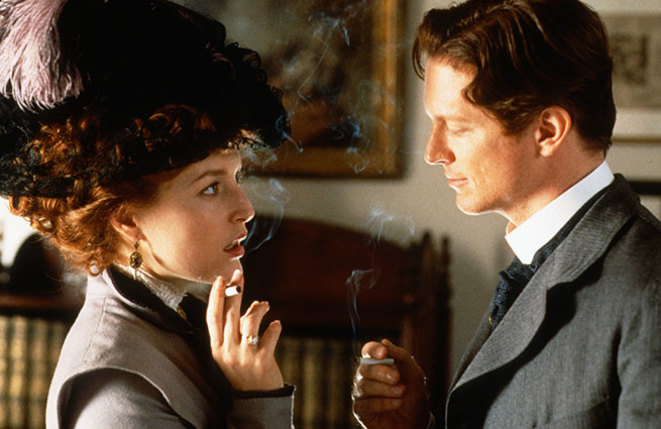
America’s Dream Factory—its Babylon and Brave New World—became part of modern mythology from the moment Hollywood became a world center for film production. Writers were drawn by its siren call, as the need for strong screenplays expanded after the coming of the talkies, but were often dismayed to find themselves viewed as expendable parts of the moviemaking assembly line. Some got their own back through literary ridicule and ferocious analysis of the realities behind the screen; others ended up paying tribute to the splendors of its cinematic fantasias and the enduring power of its craftsmanship. None could deny the pervasive influence of movie styles, movie pacing, and the dreamlike power of movie images.
In this volume the Library of America offers the most complete literary portrait ever published of Nathanael West. Along with the four novels for which he is famous, this authoritative collection gathers his work in other genres, including stories, poetry, essays and plays, film scripts and treatments, and letters.
When West died in a California highway accident in 1940 at the age of thirty-seven, his originality and brilliance were little known outside an intensely admiring circle of fellow writers: William Carlos Williams, Edmund Wilson, S. J. Perelman, and others. Not until West’s four novels were reissued in the late 1950s was he acknowledged as one of the most gifted writers of his generation. His masterpieces Miss Lonelyhearts and The Day of the Locust, with their blending of manic farce and despairing compassion, and their vision of an America awash in its own mass-produced fantasies, read like a prophecy of much that was to come in American literature and life.
Each of West’s novels is distinct in style and theme. In the Dada-inspired The Dream Life of Balso Snell (1931), he freely mixes high-flown literary and religious allusions with erotic and scatological humor. Miss Lonelyhearts (1933) presents, in a series of grotesque, starkly etched episodes, the spiritual breakdown of a newspaper columnist overwhelmed by his readers’ suffering. By contrast, A Cool Million (1934) reduces the eternal optimism of Horatio Alger’s novels to a brutal, cartoonish farce. In his last work, The Day of the Locust (1939), West renders with hallucinatory precision the reverse side of the Hollywood dream, as he choreographs a cast of failures, has-beens, and deluded glamour-seekers in what becomes an apocalyptic dance of death.
Also included is a generous sampling of West’s other surviving work, ranging from freewheeling improvisations and grotesque comic tales to more mainstream work written with Hollywood or Broadway in mind, and including his anti-war satire Good Hunting and his adaptation of Francis Ile’s famous crime novel Before the Fact. The uncollected West shows him as a writer who embodied the contradictions and crazy-quilt exuberance of American culture—and raises the question of how he might have developed had his career not been cut short. Selected correspondence with William Carlos Williams, F. Scott Fitzgerald, Malcolm Cowley, Bennett Cerf, and others rounds out the volume and sets West’s literary life in fuller context.
Sacvan Bercovitch (1933–2014), volume editor, was the 2007 recipient of the Bode-Pearson Prize for Lifetime Achievement in American Studies, the author of The Puritan Origins of the American Self, and editor of the multi-volume Cambridge History of American Literature.
This Library of America series edition is printed on acid-free paper and features Smyth-sewn binding, a full cloth cover, and a ribbon marker.
This volume is available for adoption in the Guardian of American Letters Fund.
